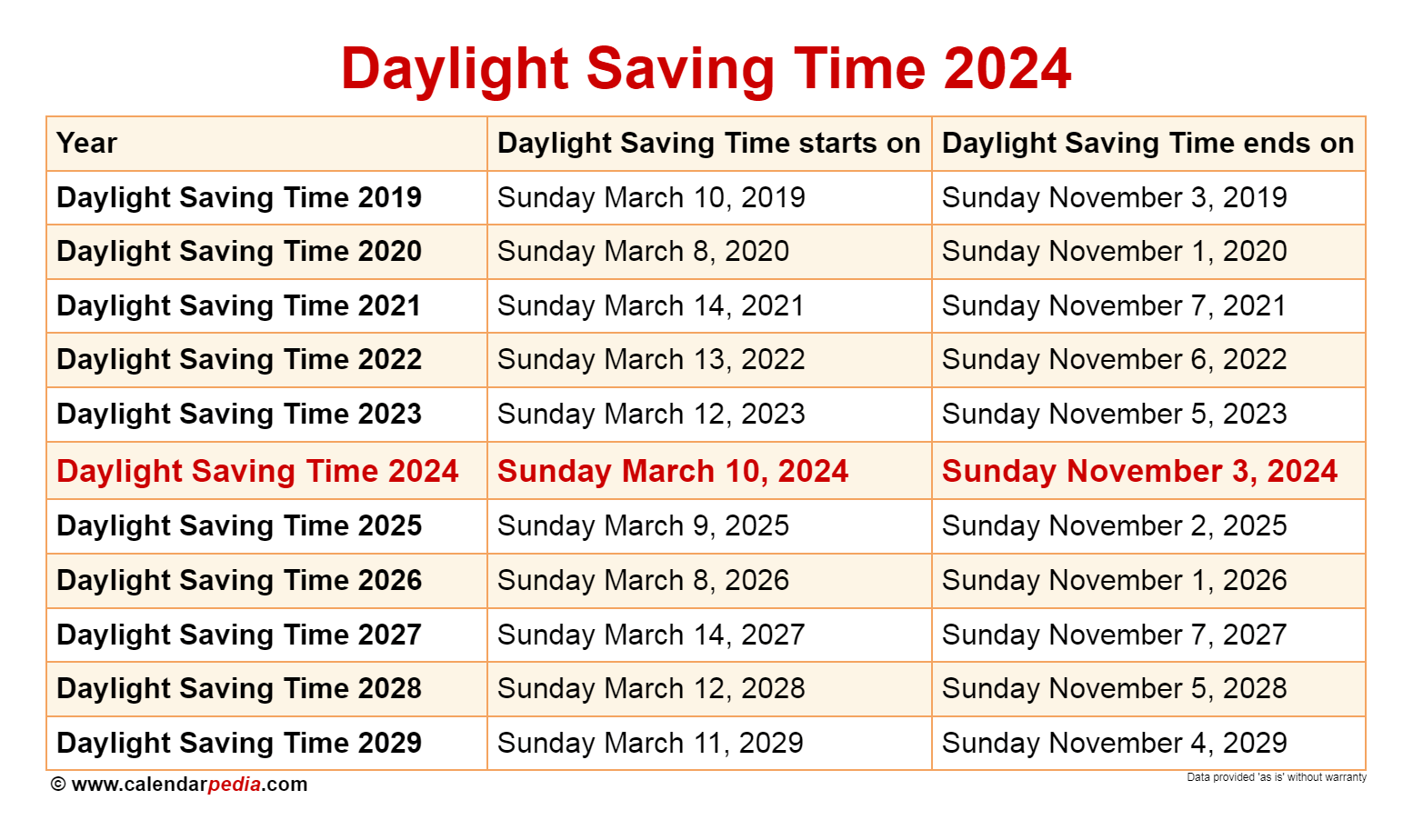Current News on Daylight Saving Time 2024
As we approach 2024, the topic of Daylight Saving Time (DST) continues to generate significant discussion and debate across the United States. With millions of searches indicating public interest, various news outlets have reported on the potential changes and implications of DST for the upcoming year. Here’s a comprehensive overview of the latest developments regarding Daylight Saving Time in 2024.
Overview of Daylight Saving Time
Daylight Saving Time is the practice of setting the clock forward by one hour during the warmer months to extend evening daylight. This year, DST will begin on March 10, 2024, when clocks will "spring forward" one hour. The practice will end on November 3, 2024, when clocks will "fall back" one hour.
Legislative Efforts for Permanent DST
One of the most pressing issues surrounding DST is the ongoing legislative efforts to make it permanent. A group of 12 bipartisan senators has recently renewed their push to pass the Sunshine Protection Act, which aims to eliminate the biannual clock changes. This act has gained traction in Congress, with proponents arguing that permanent DST could lead to various benefits, including improved mental health and reduced energy consumption.
CBS News reported on March 9, 2024, that there is a growing consensus among lawmakers about the need to end the clock changes permanently. The article highlights the potential health benefits and the public's desire for a more stable timekeeping system.
USA Today also covered the legislative updates, emphasizing the Sunshine Protection Act and its implications for American society. The act has been a topic of discussion for several years, with various states already opting out of DST.

Public Sentiment and Health Implications
Public sentiment regarding DST is mixed. While some appreciate the extra hour of daylight in the evenings, others argue that the time changes disrupt sleep patterns and overall health. The American Academy of Sleep Medicine has voiced concerns about the negative effects of changing clocks, advocating for a permanent standard time instead.
- NPR reported on March 8, 2024, discussing the ongoing debate about the necessity of DST. The article highlights the health implications of the time change, including sleep disruption and increased risk of heart attacks and strokes immediately following the clock changes.
Key Articles and Updates
Will daylight saving time end permanently in 2024? - CBS News (Read More) - Published on March 9, 2024.
Permanent daylight saving time? Sunshine Protection Act updates. - USA Today (Read More) - Published on March 9, 2024.
Daylight saving 2024: The debate to end the time change. - NPR (Read More) - Published on March 8, 2024.
Latest Updates: Daylight Saving Time in 2024. - Sleep Foundation (Read More) - Published on May 9, 2023.
US Senators Make New Push to Make Daylight Saving Time Permanent. - US News (Read More) - Published on March 8, 2024.

As we move closer to 2024, the conversation around Daylight Saving Time is more relevant than ever. With legislative efforts underway to potentially make DST permanent, public health implications being discussed, and a general desire for stability in timekeeping, it remains to be seen how this will unfold. The upcoming changes in March and November will continue to be a focal point for both lawmakers and the public alike.
For those interested in the latest updates, numerous articles and news segments are available, providing insights into the ongoing discussions and potential changes to this long-standing practice. As the debate continues, it is essential to stay informed about how these changes may affect daily life and health in the coming year.





